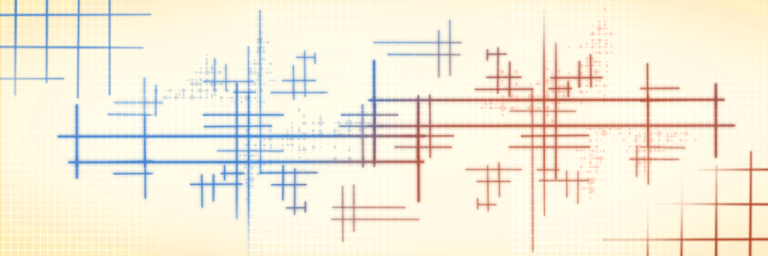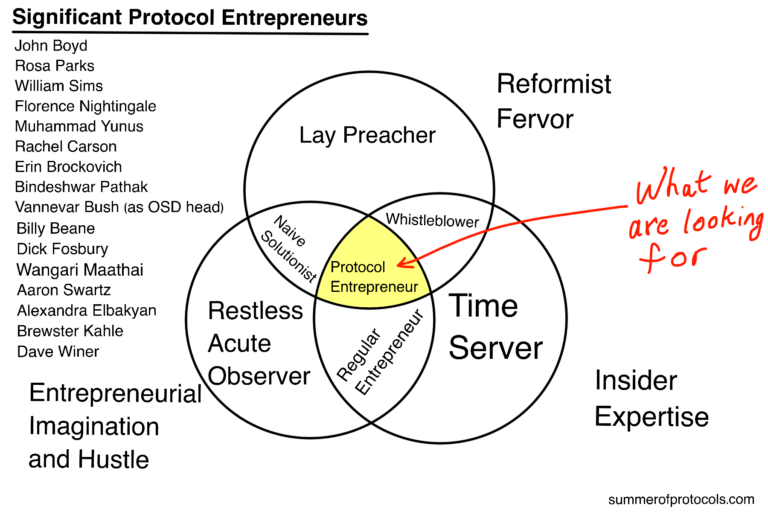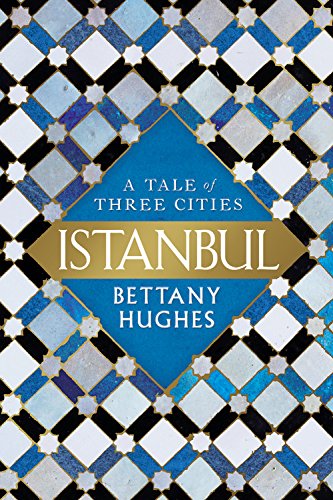Uncoding Creativity in the Age of AI: What Makes a Great Poem, What Makes a Great Storyteller, and What Makes Us Human
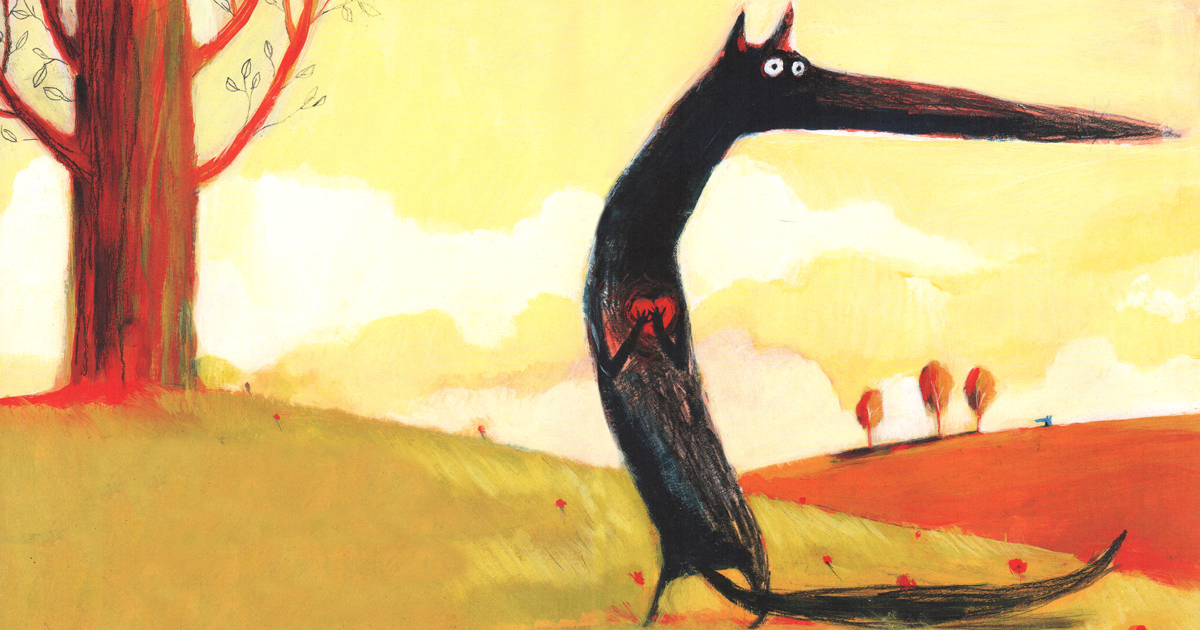
I once asked ChatGPT to write a poem about a total solar eclipse in the style of Walt Whitman. It returned a dozen couplets of cliches that touched nothing, changed nothing in me. The AI had the whole of the English language at its disposal — a lexicon surely manyfold the poet’s — and yet Whitman could conjure up cosmoses of feeling with a single line, could sculpt from the commonest words an image so dazzlingly original it stops you up short, spins you around, leaves the path of your thought transformed.
An AI may never be able to write a great poem — a truly original poem — because a poem is made not of language but of experience, and the defining aspect of human experience is the constant collision between our wishes and reality, the sharp violation of our expectations, the demolition of our plans.
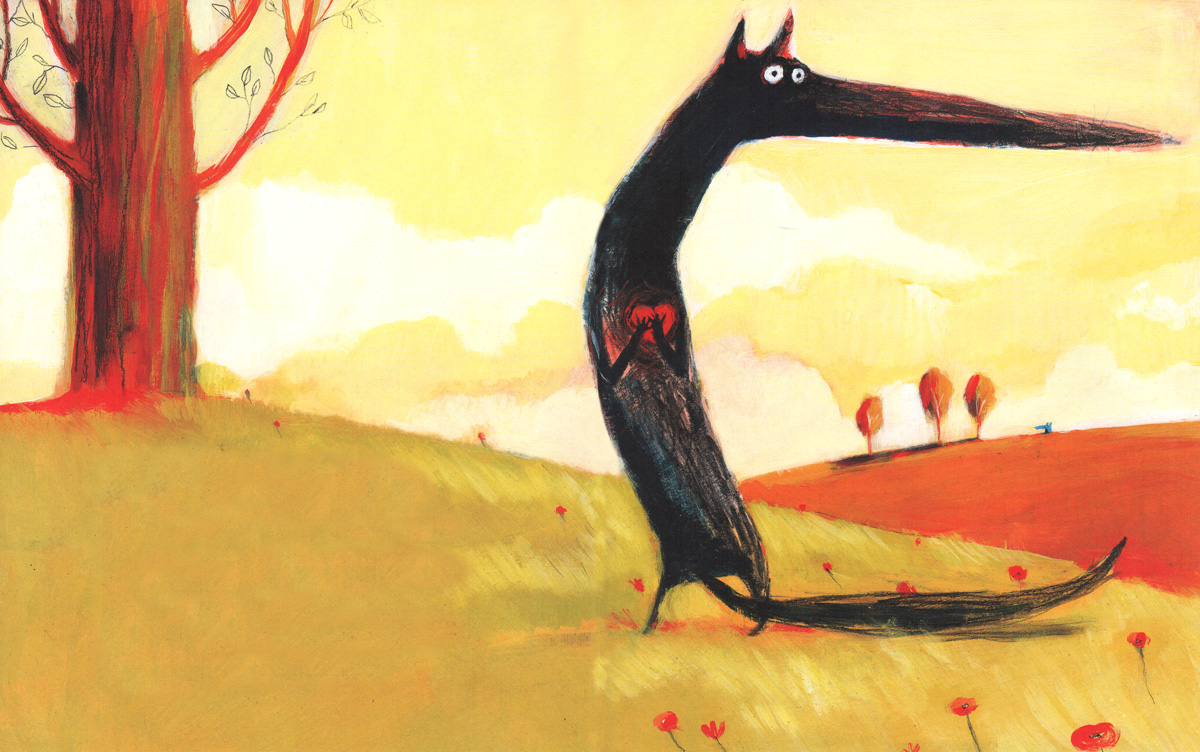
We call this suffering.
Suffering is the price we pay for a consciousness capable of love and the loss of love, of hope and the devastation of hope. Because suffering, like consciousness itself, is a full-body phenomenon — glands secreting fear, nerves conducting loneliness, neurotransmitters recoiling with regret — a disembodied pseudo-consciousness is fundamentally incapable of suffering and that transmutation of suffering into meaning we call art: An algorithm will never know anything beyond the execution of its programmed plan; it is fundamentally spared the failure of its aims because failure can never be the successful execution of the command to fail.
We create — poems and paintings, stories and songs — to find a language for the bewilderment of being alive, the failure of it, the fulness of it, and to have lived fully is not to have spared yourself.

In his exquisite reckoning with what makes life worth living, Nobel laureate Elias Canetti captures this in a diary entry from the late spring of 1942. Under the headline “very necessary qualifications for a good Persian storyteller,” he copies out a passage from an unidentified book he is reading:
In addition to having read all the known books on love and heroism, the teller of stories must have suffered greatly for love, have lost his beloved, drunk much good wine, wept with many in their sorrow, have looked often upon death and have learned much about birds and beasts. He must also be able to change himself into a beggar or a caliph in the twinkling of an eye.
A generation before Canetti, the philosopher-poet Rainer Maria Rilke articulated the same essential condition for creativity in his only novel, reflecting on what it takes to compose a great poem, but speaking to what it takes to create anything of beauty and substance, anything drawn from one life to touch another:
For the sake of a few lines one must see many cities, men and things. One must know the animals, one must feel how the birds fly and know the gesture with which the small flowers open in the morning. One must be able to think back to roads in unknown regions, to unexpected meetings and to partings which one has long seen coming; to days of childhood that are still unexplained, to parents that one had to hurt when they brought one some joy and one did not grasp it (it was a joy for someone else); to childhood illness that so strangely began with a number of profound and grave transformations, to days in rooms withdrawn and quiet and to mornings by the sea, to the sea itself, to seas, to nights of travel that rushed along on high and flew with all the stars — and it is not yet enough if one may think of all of this. One must have memories of many nights of love, none of which was like the others, of the screams of women in labor, and of light, white, sleeping women in childbed, closing again. But one must also have been beside the dying, one must have sat beside the dead in the room with the open window and the fitful noises.

Couple with Carl Jung on the relationship between suffering and creativity, then revisit Annie Dillard on creativity and what it takes to be a great writer and Oliver Sacks, writing thirty years before ChatGPT, on consciousness, AI, and our search for meaning.
donating = loving
For seventeen years, I have been spending hundreds of hours and thousands of dollars each month composing The Marginalian (which bore the outgrown name Brain Pickings for its first fifteen years). It has remained free and ad-free and alive thanks to patronage from readers. I have no staff, no interns, no assistant — a thoroughly one-woman labor of love that is also my life and my livelihood. If this labor makes your own life more livable in any way, please consider lending a helping hand with a donation. Your support makes all the difference.
newsletter
The Marginalian has a free weekly newsletter. It comes out on Sundays and offers the week’s most inspiring reading. Here’s what to expect. Like? Sign up.
What's Your Reaction?
 Like
0
Like
0
 Dislike
0
Dislike
0
 Love
0
Love
0
 Funny
0
Funny
0
 Angry
0
Angry
0
 Sad
0
Sad
0
 Wow
0
Wow
0
